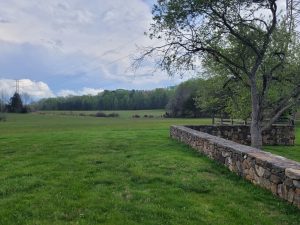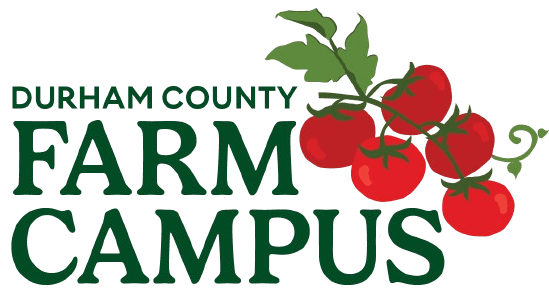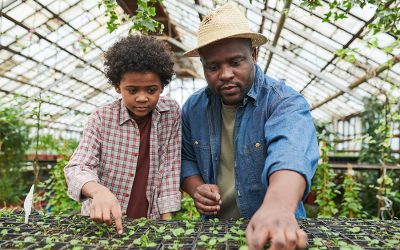 Do you know anyone who has ever started a farm? It probably was not a quick or easy process for them, and there was most likely a lot of self-doubt and apprehension. Much of that uncertainty is often related to issues with the land: Where is it? What is it like – does it suit my needs? Can I afford it? Would I be happy there long-term? Could my family and I grow there? Could my family and I grow crops there?
Do you know anyone who has ever started a farm? It probably was not a quick or easy process for them, and there was most likely a lot of self-doubt and apprehension. Much of that uncertainty is often related to issues with the land: Where is it? What is it like – does it suit my needs? Can I afford it? Would I be happy there long-term? Could my family and I grow there? Could my family and I grow crops there?
For many entrepreneurial farmers, land access can be a serious issue that can be pretty hard to navigate. From regulations and policies that can be difficult to comprehend without a law degree, to infrastructure and necessary networks that can be painstaking to establish, the tasks of acquiring, managing, developing, and maintaining land can be a tall order for folks who simply want to produce food and other resources for themselves and their communities.
At Farm Campus, we strive to make agricultural land accessible to underserved communities within Durham County. When we omit the factor of difficulty in accessing land, then we are able to focus more wholeheartedly on learning valuable and beneficial skills. Skills such as harnessing natural practices to promote the health of the soil – which will, in turn, create conditions much better for farming. Skills like recognizing which of your recently harvested tomatoes will bring greatest value at the market, and which of them would be better suited to process into a salsa – which will make more money. Skills like how to make that salsa. Skills like working and communicating alongside your neighbor who may have different perspectives but common goals. At Durham County’s Farm Campus, we will strive to have a comprehensive and wide-ranging set of programs, which will address all elements of agricultural production, handling, processing, distribution, and more. We will respect the land while also using it as a tool for creating opportunity and for developing our community, and we will acknowledge the complex and challenging history it possesses.
In October of 2024, we continue our journey of growing these 130 acres of land into a dynamic site for Durham County residents – a site where they can learn about farming, food, and come together as a community. Starting now, we will have many opportunities to interact with this land – and to learn as much as we can from it.

